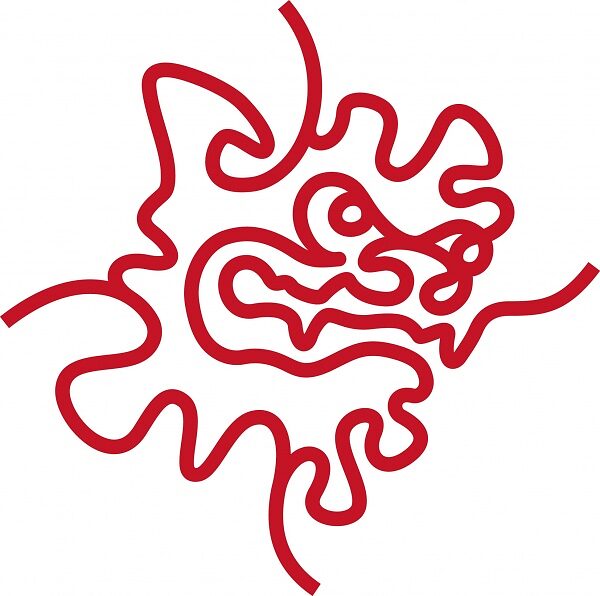OIST Mini Symposium "Transformative Measurement Methods and Experimental Approaches for Bacterial Biofilm"

Date
Location
Description
Summary
The propensity for bacteria to associate with surfaces in nearly all ecosystems far exceeds the tendency to persist in suspension, living freely in a planktonic state. Bacteria secrete proteins, polysaccharides, and other components to assemble a macromolecular matrix that surrounds cells to promote the formation of protective communities termed biofilms. The extracellular matrix confers protection to environmental stress such as desiccation and shear flow and enhances bacterial resistance to antibiotics and host defenses. Indeed, the community lifestyle enables bacteria to colonize and even thrive in an astonishing range of environments, in niches ranging from within the human host to the acidic microbial mats in Yellowstone and industrial oil pipelines.
Improved biofilm models are crucial to understanding the composition, architecture, and physical and mechanical properties of biofilms. Improved biofilm models can also lead to the development of strategies to prevent and inhibit biofilms associated with infectious disease or to harness advantages of the bacterial community lifestyle for biofilm-associated environmental and industrial applications. Through research at the interface of Biology, Chemistry, and Engineering, major advances are being introduced to transform qualitative descriptors of biofilms into fundamental and quantitative parameters connecting biofilm composition, structure, assembly and function.
This mini-symposium aims to provide a scientific platform and building opportunity, inviting the most prominent researchers to discuss their transformative new tools and unique approaches to manipulate biofilms, measure biofilm parameters, and leverage their emerging discoveries to influence biofilm formation. Importantly, cutting-edge discoveries are being made at the interface of disciplines. This mini-symposium will bring together researchers from the fields of Biochemistry, Chemistry, Engineering, and Microbiology, all tackling major questions in bacterial biofilms. Importantly, each of the more biological researchers, for example, are eager to collaborate further with the more chemical and engineering-savvy researchers to define important biophysical aspects of bacterial adhesion and biofilm formation. Collectively, the bringing together of Microbiologists, Chemists, and Engineers, promises to allow the outstanding participants to brainstorm and forge partnerships that can drive new and transformative discoveries into urgently needed approaches to prevent and eradicate pathogenic biofilms.
Organizers
Amy Shen (OIST, Japan)
Lynette Cegelski (Stanford University, USA)
Invited Speakers
Professor Lynette Cegelski (Stanford University, USA)
Professor Cait McPhee (University of Edinburgh, UK)
Professor Regine Hengge (Humboldt University of Berlin, Germany)
Professor Fitnat Yildiz (University of California - Santa Cruz, USA)
Professor Mark Schembri (The University of Queensland, Australia)
Professor Jean-Marc Ghigo (Institut Pasteur, France)
Professor Gerry Fuller (Stanford University, USA)
Professor Haruko Takeyama (Waseda University, Japan)
Professor Andrew Utada (University of Tsukuba, Japan)
Professor Liang Yang (Nanyang Technological University, Singapore)
Professor William M. Durham (University of Sheffield, UK)
Professor Megan Yi-Ping Ho (The Chinese University of Hong Kong, Hong Kong)
Website URL
Subscribe to the OIST Calendar: Right-click to download, then open in your calendar application.



